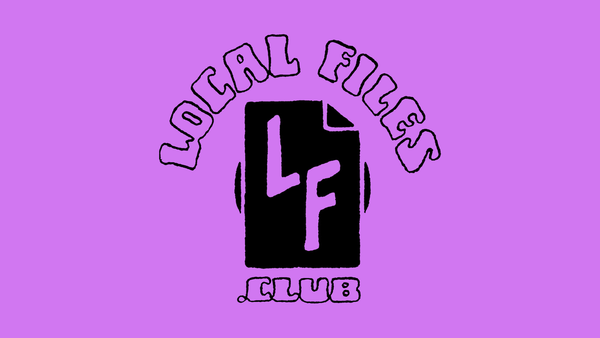You can take my em dashes from my cold, dead hands
Are em dashes really a telltale sign of AI writing?

Everything is AI now, from our work emails to entire Instagram accounts to what’s left of our federal government. In-between warning our parents not to trust our cloned voices and navigating our way through a dense forest of AI reply bots, we’re trying to build a consistent set of guidelines to help us spot AI in the wild. There are obvious tells—an extra finger in a “photo,” an essay that begins “As an artificial intelligence language model,” a video of a deformed cat calmly walking away from its own head—but as LLMs and generative AI improve, they become harder to spot.
Perhaps it’s no surprise that a new pseudoscience has developed to help real live humans spot AI generated writing. Everything from adverbs to metaphors to the Oxford comma are suspect, including my beloved em dash. As far as I can tell, this theory that em dashes (—) are a dead giveaway of AI writing developed primarily on the ChatGPT subreddit and spread from there.
“Typically, I and everyone else I know use standard hyphens - like this,” one user wrote. “Are em dashes normal? Does anyone else use them in casual emails?”
“Let’s be real—nobody uses them in email or comments,” another posted a few weeks later. “They’re uncommon, and keyboards don’t even have a key for them. Is this the ultimate ChatGPT tell?”
You can imagine the movie trailer. “In a world where all writing is suspect, one person”—there’s a swooshing sound as we zoom in on Julia Roberts typing away on ChatGPT—“will be the key to solving it all.”
The only problem? Plenty of writers, artificial and human alike, use em dashes, including yours truly. I don’t have an exact count of how many em dashes I’ve used in Night Water posts over the years—I asked ChatGPT to count for me and it politely refused—but I have to assume they number in the hundreds, if not thousands. I love em dashes so much that I set up a custom text replacement shortcut years ago across all of my Apple devices to make it dead easy to type them.
OMG I got my first "using em dashes means you're a bot" in the wild! They really can't image that a human could write with even moderate competency. What's funny is that it wasn't even em dashes, just regular hyphens.
— Ro Ro Fight the Power (@rosalarian.bsky.social) 2025-02-14T21:35:18.454Z
“This idea is ridiculous,” says Mignon Fogarty, host of the Grammar Girl podcast and follower of AI developments, of the em dash theory. “However, a few years ago, a study did find telltale signs of AI writing. For example, five-dollar words often show up in default LLM output. Think ‘meticulous,’ ‘strategically’ and ‘commendable.’”
But Mignon reminds us that, like em dashes, human writers use five-dollar words, too. “These words appear in LLM output because they were in the training data, which was written by humans.” They’re only red flags when they “show up in the writing of people who wouldn’t normally use them or in situations where they are out of place.”
That puts us in the position of trying to judge each other’s individual writing abilities and styles, which can be hard to do without more context. It also leaves us open to personal bias—like believing that no one would ever use an em dash because you don’t, or think they’re just too darn hard to type. Ultimately, this pseudoscience has a short shelf-life anyway. “Things continue to change quickly,” Mignon says, “so things that were hallmarks a couple of years ago or today, may not be hallmarks in six months.”
As the old poem goes, “First they came for the em dashes,” so I feel a need to speak out on behalf of em dashes and all of the human writers who love them, lest I end up in front of some future Butlerian Jihad firing squad. Of course, there’s still the question of whether em dashes make for good human writing, with editors railing against the overuse of em dashes well before generative AI. “I love em dashes, and they aren’t inherently a sign of bad writing,” Mignon says, though she does believe it’s a problem if they show up too often. “One em dash is like shining a spotlight on something. Five em dashes are like a nighttime sale at a car dealership.”
While commendable, I’ll be choosing to strategically—and meticulously—ignore that advice.




